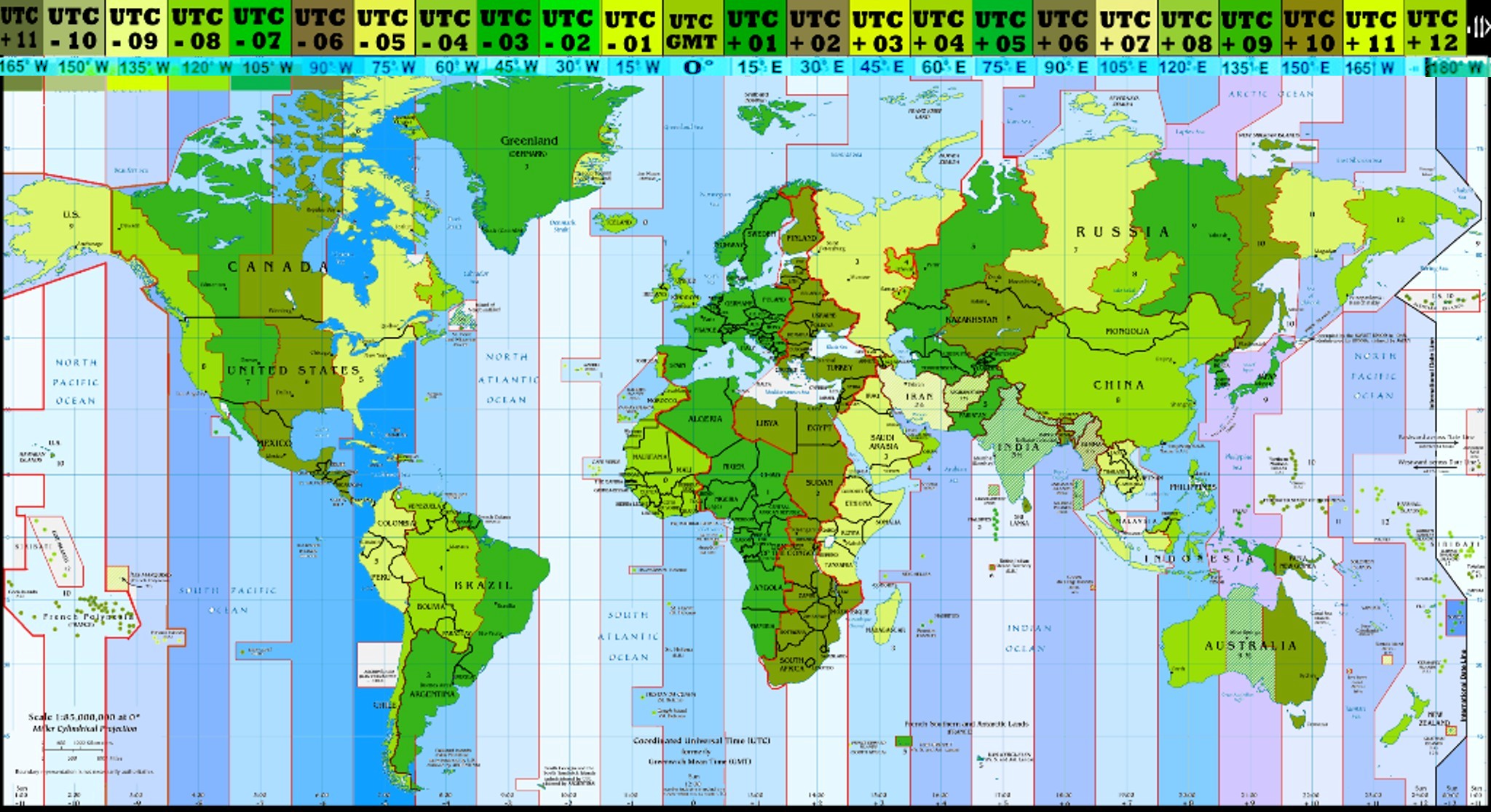

However, in 2018, after the country's relations with South Korea warmed, the clocks were again set to align with their southern neighbour. In 2015, North Korea decided to wind its clocks back half an hour, instigating Pyongyang time “to emphasize its political independence and celebrate the 70th anniversary of Korea's liberation from Japanese colonialism,” according to Jonathan Hassid, assistant professor in Political Science at the State University of Iowa. Time zones have been leveraged as a political tool throughout history (something Hanke and Henry argue the introduction of Universal Time could put a stop to). This has been politically weaponised in the past, with a Uighur man detained in 2018 for having his watch set to local time. While the Han Chinese, who make up the majority of the population, go by Beijing time, the Uighur Muslim population follows a ‘local time’ that is set two hours ahead. This is most extreme in the western province of Xinjiang for example, and is a touchpoint for political tensions. “Their lives are three or four hours off of local solar time,” says Brunn. A lack of locally adapted official hours for work and school means that those furthest from Beijing get up in darkness, or head to bed while it’s still light. Despite this, there is only one Beijing Time, first instituted by the Communist Party to stimulate a sense of national unity. China spans five time zones, meaning the western end of the country trails the east by about four hours. “So we should all be setting our watches exactly at the same place.” So far, so convincing.īut what would this look like in practice? Both China and India, vast countries that span a number of Fleming’s time zones, have only one standard time – perhaps providing a test case for what universal time could look like. “We are all at the same time right now,” says Hanke. At present, global time set to Universal Coordinated Time (UTC) is already used by airline pilots – for obvious reasons – and international finance and trade, to make sure that transactions are made at the same time. If it’s 9pm in London, it should be 9pm in Canberra too, the argument goes. Hanke and Henry’s answer to all this confusion is a single time zone for the entire world. Is the fact that time zones make very little sense reason enough to scrap them?


To pull up some particularly egregious examples: Russia has 11, while China has only one Nepal is the only place in the world where the time is (inexplicably) set to quarter past the hour, while two in Australia are set to the half hour Spain abides by Central European Time (CET) despite being geographically in line with the UK, meaning its citizens suffer a form of constant social jetlag – meaning their daily schedule isn't consistent with their biological clocks. The year before, both Kazakhstan and a state in Russia decided to switch time zones permanently.īut even without this interminable flip-flopping, time zone quirks exist the world over. Take the amount of time-tweaking that went on in the past year: aside from much DST-related dissent in countries like Australia and the US, Morocco put its clocks back for one month during Ramadan 2019 (despite deciding to scrap seasonal time adjustments in 2018), São Tomé and Príncipe, the African island nation, decided to change its clocks back to GMT after switching to West Africa Time (WAT) a year earlier.
#World time differences how to
It’s something we don’t really think about, yet time and how to manage is a fairly contentious and historically troublesome topic.


 0 kommentar(er)
0 kommentar(er)
